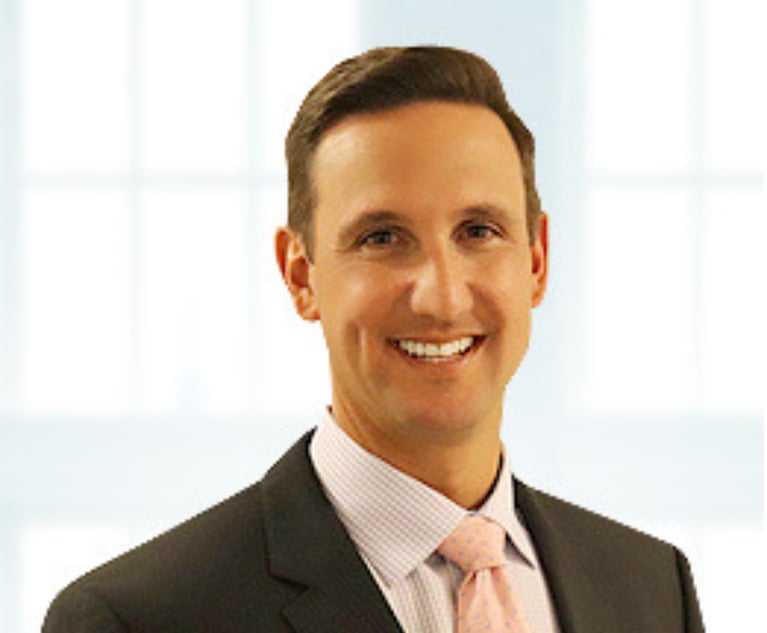Nearly every lawyer shares one fear in common: the inadvertent waiver of the attorney-client privilege. Last summer, in BouSamra v. Excela Health, 167 A.3d 728 (Pa. Super. Ct. 2017), the Superior Court of Pennsylvania held that a company waived the attorney-client privilege when it forwarded an email containing legal advice to one of its consultants, a public relations firm. On Jan. 30, the Supreme Court granted an interlocutory appeal in the case to address the question of waiver, specifically to what extent does the attorney-client privilege and work-product protection extend to an outside consultant? The Supreme Court’s decision could transform the way Pennsylvania lawyers interact with clients and their consultants, particularly if the Supreme Court were to affirm the order of the Superior Court and uphold the waiver.
The underlying case concerns a dispute between two cardiology practices, one of which was owned by Excela Health (Excela). In the lawsuit, the plaintiff, Dr. George BouSamra, contends that Excela and other parties spread false rumors about his cardiology practice by, among other things, announcing at a press conference the results of a peer review study that concluded that BouSamra had performed unnecessary procedures on patients.
This content has been archived. It is available through our partners, LexisNexis® and Bloomberg Law.
To view this content, please continue to their sites.
Not a Lexis Subscriber?
Subscribe Now
Not a Bloomberg Law Subscriber?
Subscribe Now
LexisNexis® and Bloomberg Law are third party online distributors of the broad collection of current and archived versions of ALM's legal news publications. LexisNexis® and Bloomberg Law customers are able to access and use ALM's content, including content from the National Law Journal, The American Lawyer, Legaltech News, The New York Law Journal, and Corporate Counsel, as well as other sources of legal information.
For questions call 1-877-256-2472 or contact us at [email protected]


 Stephen Daly
Stephen Daly




